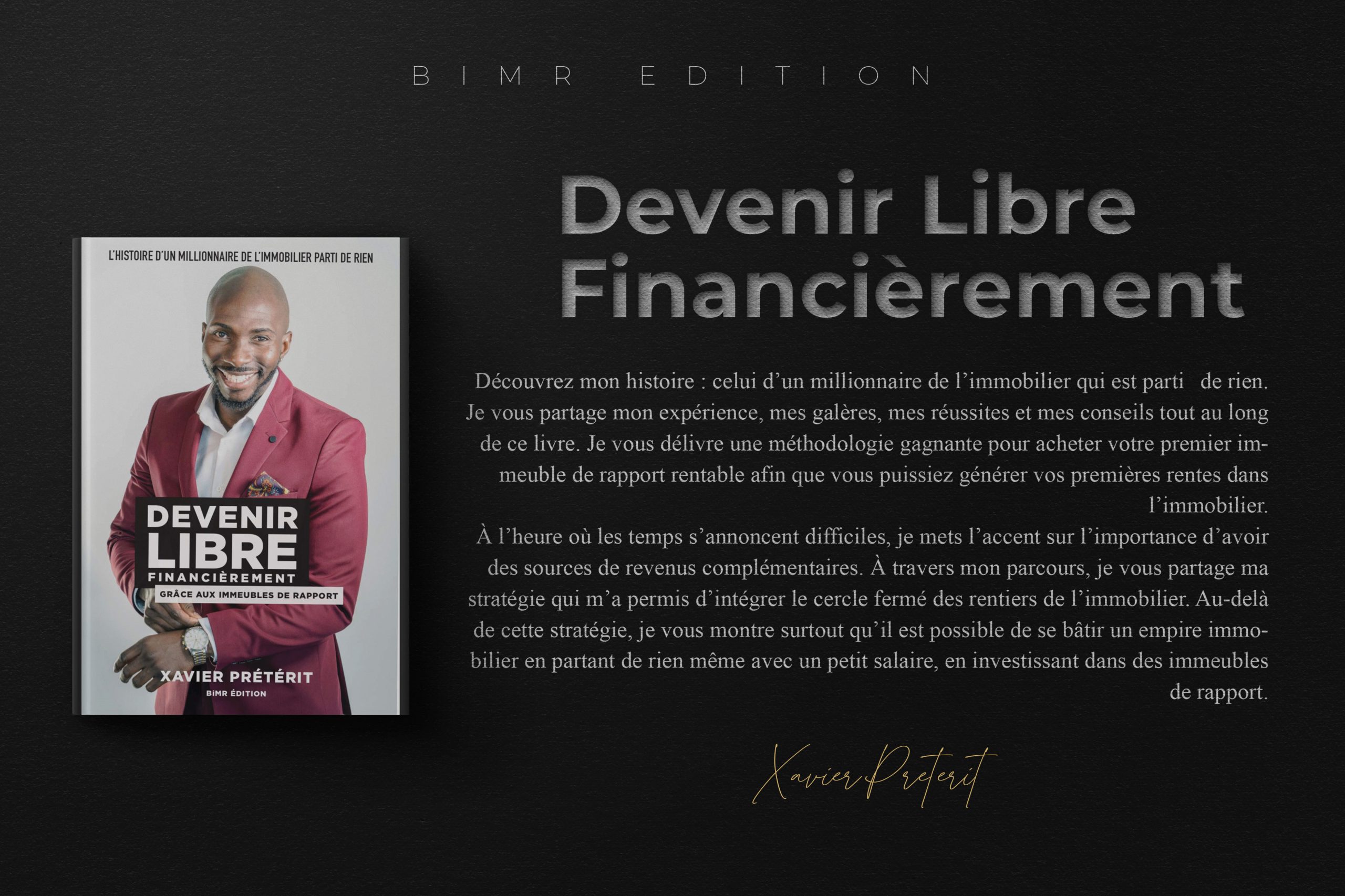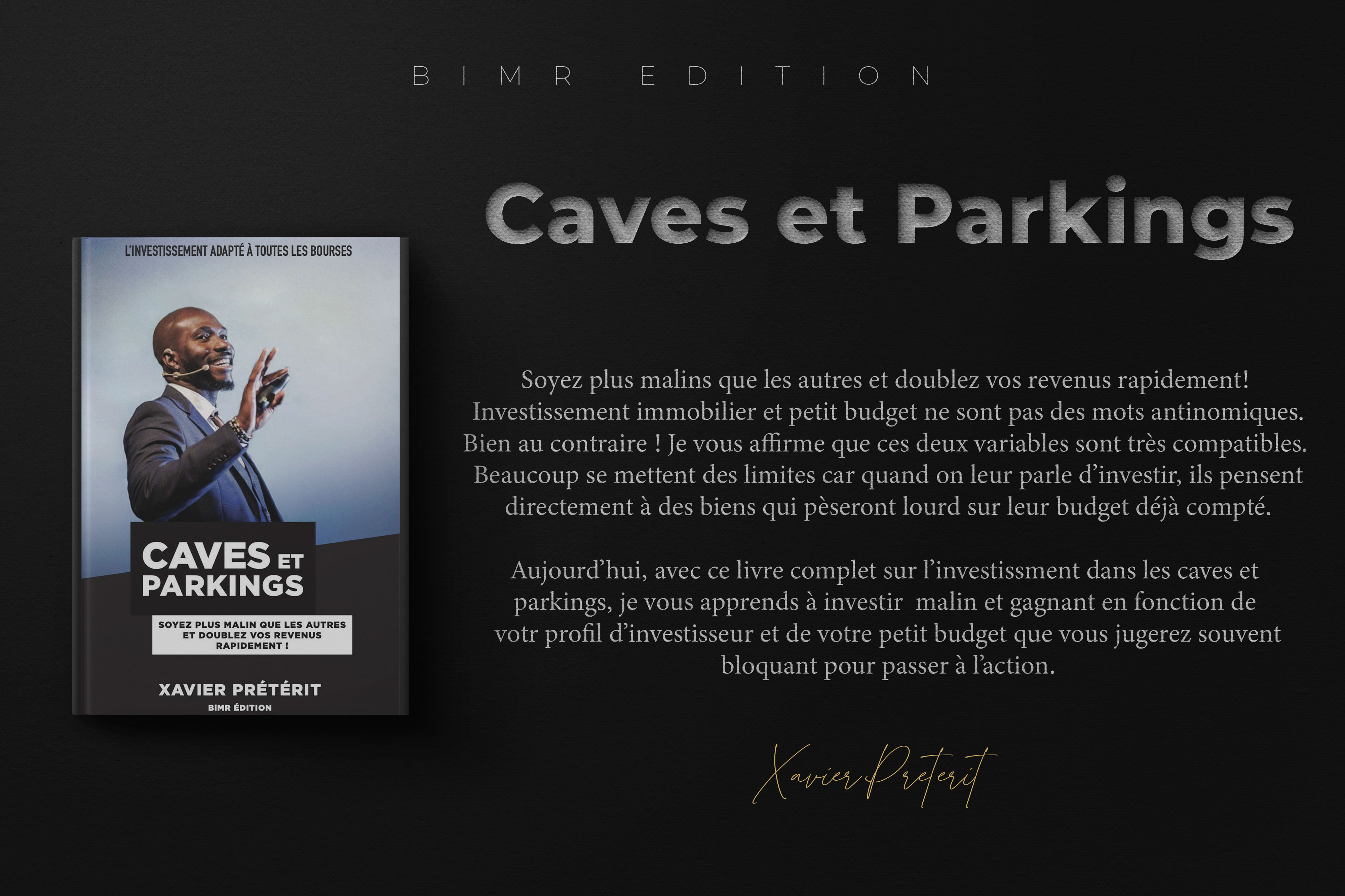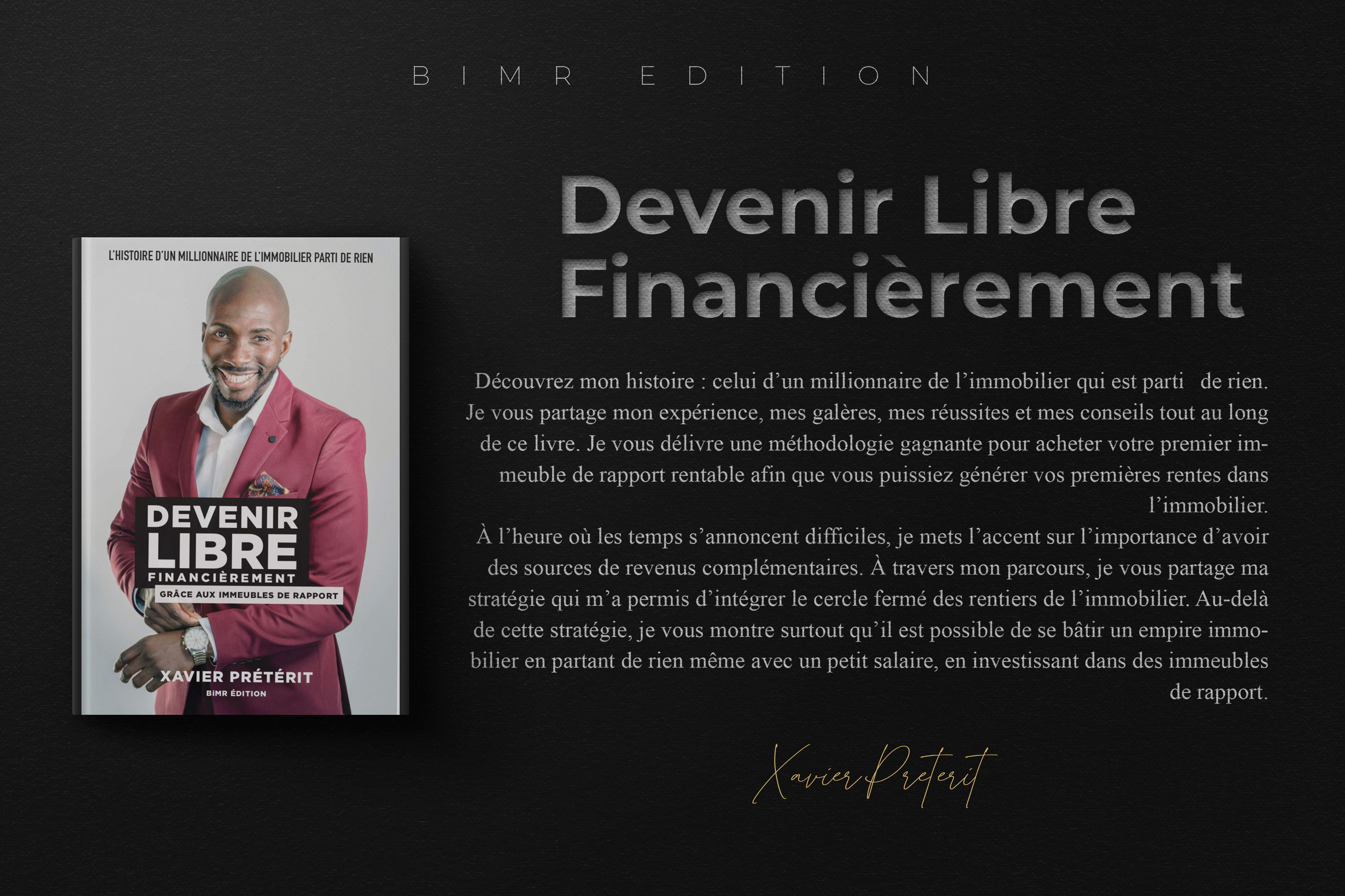The Complete Guide to Investing in a Seasonal Rental

Investors are increasingly interested in seasonal rentals to maximize profitability. With proper planning, this type of investment can yield double-digit returns. However, periods of vacancy can threaten profitability. To ensure a successful seasonal rental investment, follow our tips.
Defining Seasonal Rental Investments
A seasonal rental investment involves purchasing a property with the intention of renting it out on a short-term basis, ranging from a few days to several weeks, depending on the tenant's requirements. Seasonal rentals become popular with Airbnb, offering a more affordable alternative to tourists who cannot afford the rates of large hotels in major cities or resorts. Properties commonly used for seasonal rental investments include apartments, vacation homes, chalets, or villas located in popular destinations.
Advantages of Seasonal Rentals
Improved profitability
Proper management can make seasonal rentals more profitable than traditional rentals. For instance, a property in Paris rented at €800 per month can generate over three times that amount with short-term furnished rentals at €100 per night. However, it's important to consider the occupancy rate when investing in seasonal rentals since the property won't be rented out all the time. In France, the occupancy rate ranges from 40% to 75%. Despite the vacancy period, investing in seasonal rentals remains more profitable than investing in conventional rentals.
Zero risk of late payment.
Investing in seasonal rentals has the advantage of receiving rent payments in advance. When making a reservation, the platform requires all or part of the rent, with the remainder paid before the tenants move in. This virtually eliminates the risk of non-payment, which is not the case with conventional rentals. Even with a guarantee, there is always a risk of non-payment. To avoid lengthy legal proceedings with problem tenants, download our free ultimate checklist that will assist you in identifying bad tenants.
Advantageous tax treatment
Seasonal rental enables you to take advantage of LMNP or LMP status. Depending on the income generated and deductible expenses, you can choose between two systems :
The micro-BIC scheme
This regime applies when income does not exceed €72,600 for standard furnished properties or €176,200 for tourist furnished properties. In this case, an accountant is not necessary. The tax allowance for standard furnished accommodation is 50%, and 71% for furnished tourist accommodation, with a minimum amount of €305. If your expenses are covered by these percentages, this system can be advantageous. If not, it is best to switch to the actual tax system.
The current system
This regime applies if you exceed the income agreed upon in the micro-BIC scheme. You can also switch directly to the 'régime réel' if you wish to deduct specific expenses or benefit from depreciation on movable and immovable assets on your balance sheet. In this case, you will need to consult an accountant to manage your declarations and appendices in accordance with the PCG (balance sheet, income statement, etc.).
Constraints for Seasonal Rental Investments
Seasonality of earnings
Income may be irregular throughout the year due to fluctuations in rental demand. It is important to plan and manage finances carefully to prepare for these fluctuations.
More stringent management
Seasonal rentals require frequent tenant changes, necessitating regular visits and cleaning. It is essential to maintain the property in excellent condition to meet the expectations of potential customers. Providing these services can differentiate your property from others on the market. Satisfied customers are more likely to return and leave positive reviews, which can increase your visibility. Our training... Efficient rental management TM will help you better understand the fundamentals of effective rental management to enhance your project.
Extra costs
Investing in a seasonal rental involves additional management and maintenance costs such as advertising, furniture, cleaning, and repairs. It is important to factor these expenses into your calculations to ensure that you can set your prices properly.
Tips for Successful Vacation Rental Investments
Thorough market research
To guarantee the profitability of your project, it is necessary to study the rental market in the area where you plan to rent. To do this, research prices, seasonality, and customer demand. Additionally, take note of any events that could positively or negatively impact the market. For instance, if you are targeting tourists, consider areas close to tourist centers or areas with good transportation links to tourist centers. Calculate all costs involved and avoid over-optimistic projections to prevent disappointment.
A premium service
We refer to top-of-the-line products rather than entry-level ones. It is crucial to use high-quality materials in your home. This not only ensures durability but also positions you in a more modern market. Additionally, pay close attention to decoration as it is essential for attracting customers to choose your property over others. Amenities like a fully-equipped kitchen, internet connection, or Netflix add to the appeal of your property.
Visibility
To increase visibility of your property and attract more people, consider using multiple communication channels such as social media and specialized vacation rental sites. Additionally, be mindful of the time required to manage these channels.
Responsiveness
Professionalism is crucial in ensuring prompt problem-solving and timely responses to inquiries. These details foster customer loyalty and positive reviews. If time constraints prevent you from handling these tasks, consider delegating them to a rental manager. However, it is important to maintain oversight of their work.








